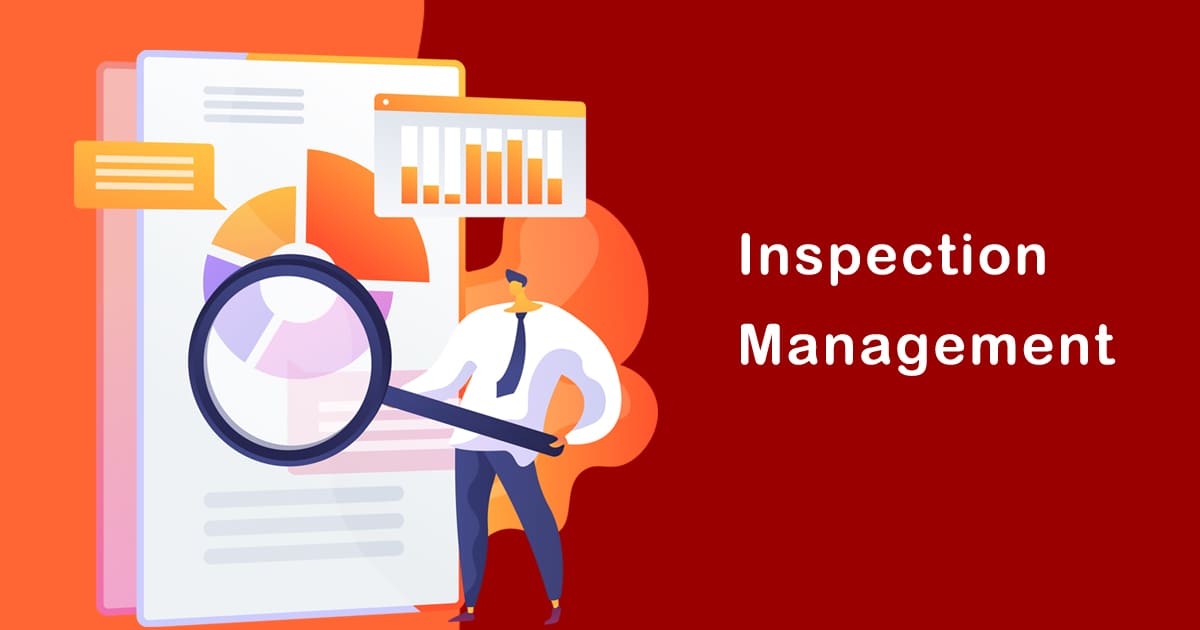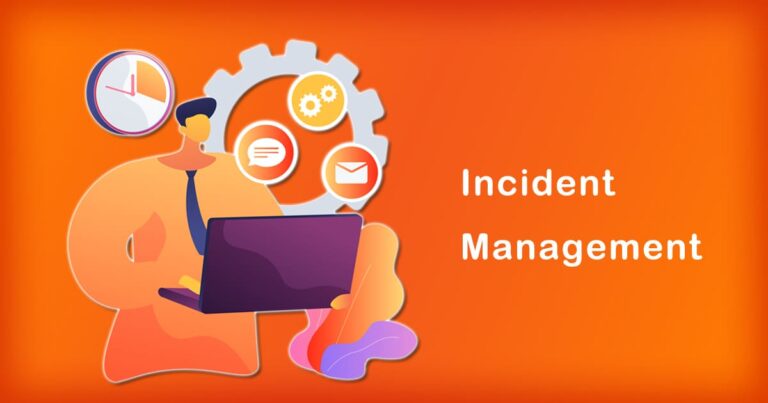Introduction
Inspection management is a crucial process for ensuring quality control and compliance in various industries. With the increasing demand for quality products and services, inspection management has become an integral part of businesses across the globe. In this blog post, we will discuss the basics of inspection management and everything you need to know about it in an Indian context.
What is Inspection Management?
Inspection management refers to the process of planning, organizing, and executing inspections to ensure that products, services, or processes comply with established quality standards, regulations, and contractual requirements. Inspection management involves the use of various tools, techniques, and technologies to streamline the inspection process and ensure accuracy and consistency in inspection results.
The Importance of Inspection Management
Inspection management is critical for ensuring the quality of products and services and avoiding costly errors and defects. In addition, inspection management helps businesses comply with regulatory requirements and contractual obligations, reducing the risk of legal and financial consequences. Effective inspection management also enhances customer satisfaction and loyalty by ensuring that products and services meet or exceed customer expectations.
The Role of Inspection Management in Indian Industries
In India, inspection management is a critical process in various industries, including manufacturing, construction, healthcare, and hospitality. In the manufacturing sector, inspection management ensures that products meet quality standards and comply with regulatory requirements. In construction, inspection management helps ensure compliance with safety and building codes. In healthcare, inspection management ensures the safety and quality of medical equipment, facilities, and services. In hospitality, inspection management is essential for maintaining hygiene and safety standards in hotels and restaurants.
Challenges in Inspection Management
Despite its importance, inspection management is not without challenges. One of the main challenges is the lack of skilled personnel to conduct inspections. In India, there is a shortage of qualified and trained inspectors in various industries, leading to delays and errors in the inspection process. Another challenge is the lack of standardized inspection procedures, leading to inconsistent results across different inspectors and regions. In addition, the lack of automation and digitalization in inspection management can lead to manual errors, delays, and inefficiencies.
Best Practices in Inspection Management
To overcome the challenges in inspection management, businesses can adopt various best practices, including:
- Standardizing inspection procedures to ensure consistency in results.
- Investing in training and development programs for inspectors to enhance their skills and knowledge.
- Automating inspection processes using digital technologies to reduce errors and increase efficiency.
- Conducting regular audits of inspection processes to identify areas for improvement and implement corrective actions.
- Using data analytics and business intelligence tools to analyze inspection data and identify trends and patterns.
Conclusion
Inspection management is a critical process for ensuring quality control, compliance, and customer satisfaction in various industries. In India, inspection management plays a vital role in manufacturing, construction, healthcare, and hospitality. Despite the challenges, businesses can adopt best practices to enhance the effectiveness and efficiency of inspection management. By doing so, businesses can improve their products and services’ quality, reduce the risk of legal and financial consequences, and enhance customer satisfaction and loyalty.








